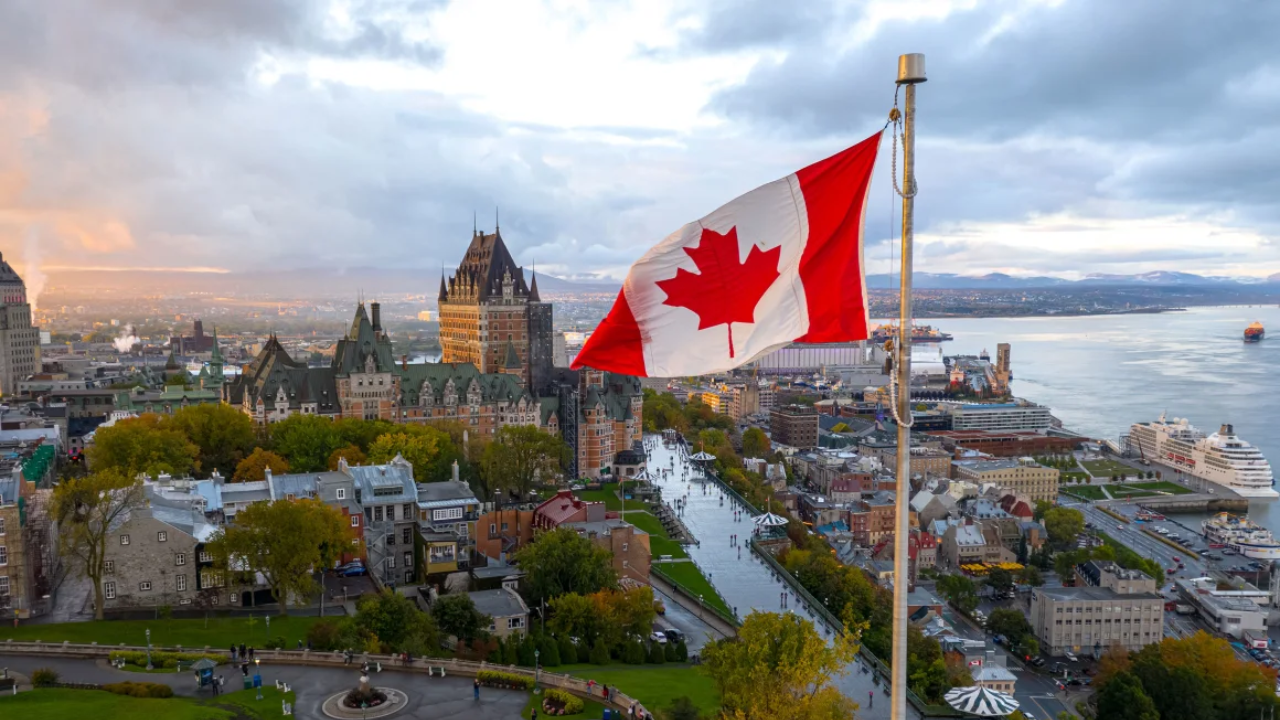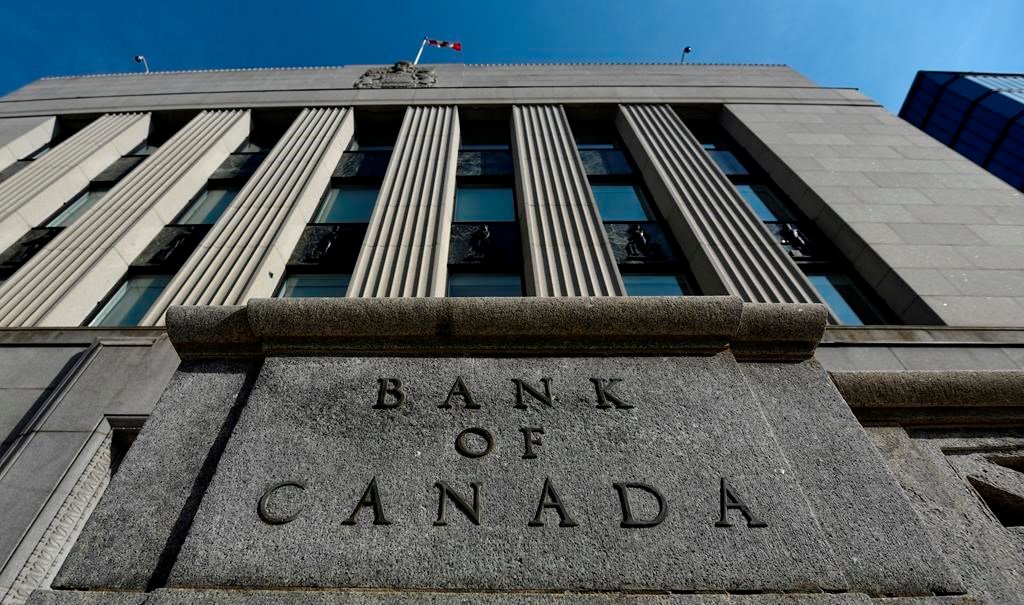Canada has slipped several places in the 2025 World Happiness Report, placing 18th after ranking 15th last year. This shift marks the country’s lowest position since the survey began in 2005.
| Rank | Country | Happiness Score |
| 1 | Finland | 7.736 |
| 2 | Denmark | 7.521 |
| 3 | Iceland | 7.515 |
| 4 | Sweden | 7.345 |
| 5 | Netherlands | 7.306 |
| 6 | Costa Rica | 7.274 |
| 7 | Norway | 7.262 |
| 8 | Israel | 7.234 |
| 9 | Luxembourg | 7.122 |
| 10 | Mexico | 6.979 |
| 11 | Australia | 6.974 |
| 12 | New Zealand | 6.952 |
| 13 | Switzerland | 6.935 |
| 14 | Belgium | 6.910 |
| 15 | Ireland | 6.889 |
| 16 | Lithuania | 6.829 |
| 17 | Austria | 6.810 |
| 18 | Canada | 6.803 |
| 19 | Slovenia | 6.792 |
| 20 | Czechia | 6.775 |
What the Ranking Measures
The World Happiness Report uses six core variables to determine each country’s position: GDP per capita, life expectancy in good health, social support, freedom to make life choices, generosity, and perceptions of corruption. Survey respondents also provide life evaluations on a 0-10 scale.
Why Canada’s Rank Declined
Several components contributed to the drop:
- Canadians reported lower scores for social support and freedom to make life choices.
- Feelings of loneliness, especially among younger people, have increased, affecting overall life satisfaction.
- Inflation, high cost of living, housing affordability and healthcare delays likely weigh on perception of quality of life, even though specific variables in the report don’t directly measure all these issues.
Regional Differences Across Canada
Within Canada, some provinces show more resilience than others when it comes to happiness and life satisfaction. A recent Leger poll with nearly 40,000 respondents found that Quebec recorded the highest average happiness score of about 72.4/100, well above the national average of 68.7. Prince Edward Island and Manitoba had the lowest provincial scores.
Implications for Canada’s Public Policy
This ranking decline signals that Canadians’ well-being faces meaningful challenges beyond economic growth alone. Policymakers may need to invest more in mental health supports, affordable housing, strengthening social networks, and ensuring that people feel they have real freedom and choice in their lives. Improvements in healthcare access and reducing financial stress could bolster citizens’ life satisfaction.











